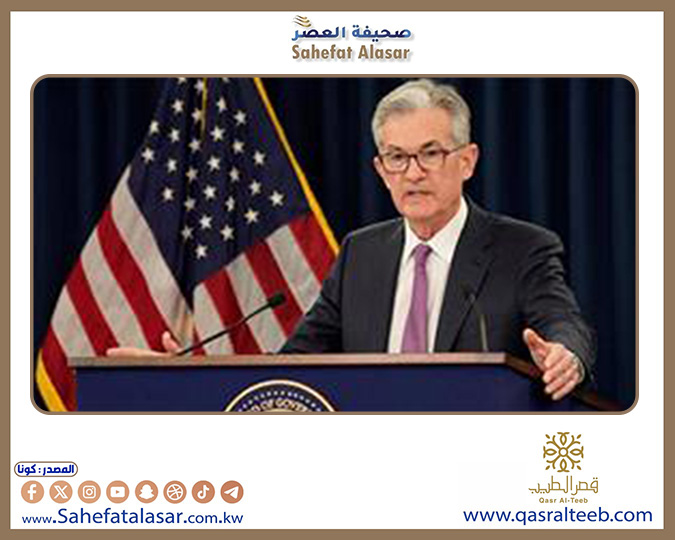


In remarks delivered Wednesday at the Economic Club of Chicago, Federal Reserve Chairman Jerome Powell stated that "the tariffs announced by President Donald Trump have been far larger than anticipated," warning their economic impacts would likely follow suit by driving inflation higher and slowing growth.
Key Observations:
Inflation Outlook
"The tariffs are very likely to cause at least a temporary rise in inflation, and the inflationary effects could prove more persistent"
Short-term inflation expectations from surveys/markets have risen notably, with respondents citing tariffs
Long-term inflation expectations remain anchored near the 2% target
Policy Challenges
The Trump administration is implementing substantial policy changes in four areas:
✓ Trade
✓ Immigration
✓ Fiscal policy
✓ Regulation
The Fed must balance its dual mandate of maximum employment and price stability amid tariff impacts
"Without price stability, we cannot achieve sustained periods of strong labor market conditions"
Uncertainty Factors
Ultimate economic effects depend on:
✓ Magnitude of tariff impacts
✓ Time required for full price pass-through
✓ Ability to maintain stable long-term inflation expectations
Context:
The assessment comes as:
Core PCE inflation remains elevated at 2.8% (April 2025)
GDP growth slowed to 1.6% annualized in Q1 2025
Markets price 65% probability of September rate cut
(Maintains central banking precision while contextualizing remarks within current economic conditions)
